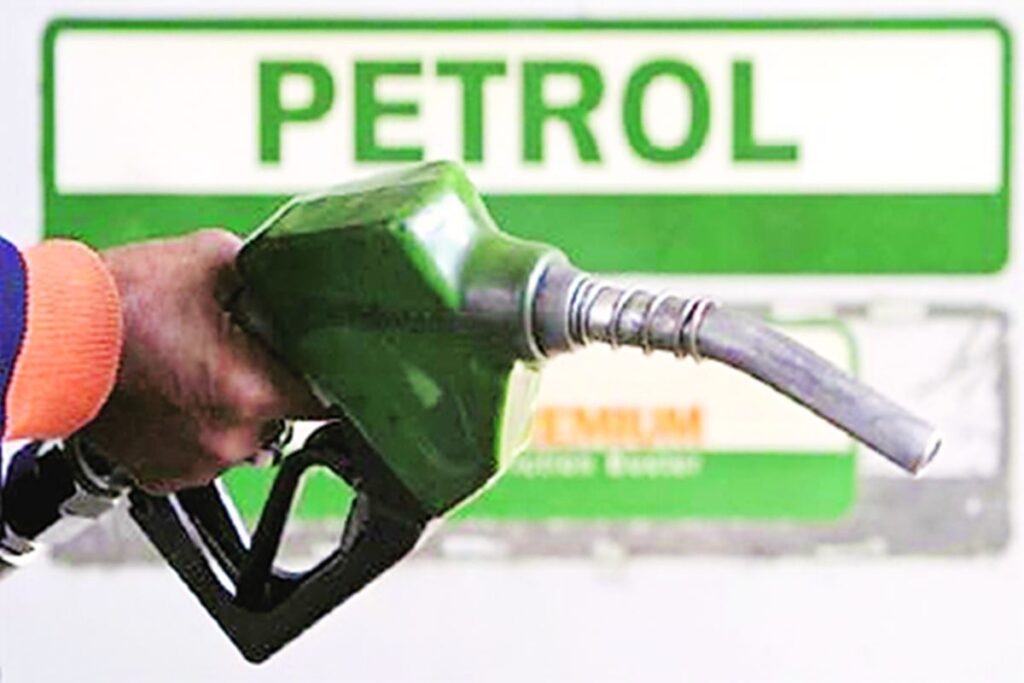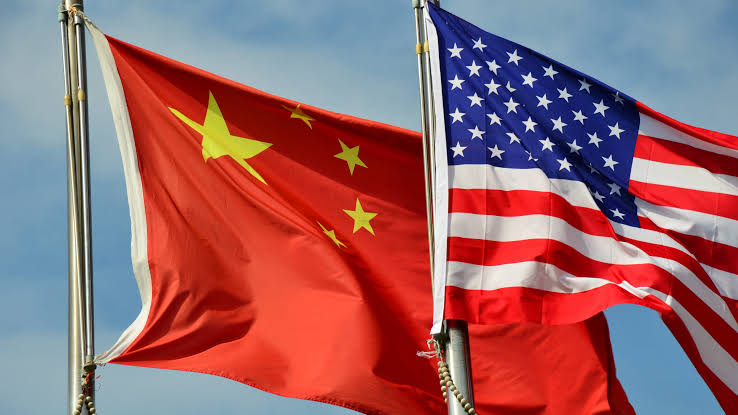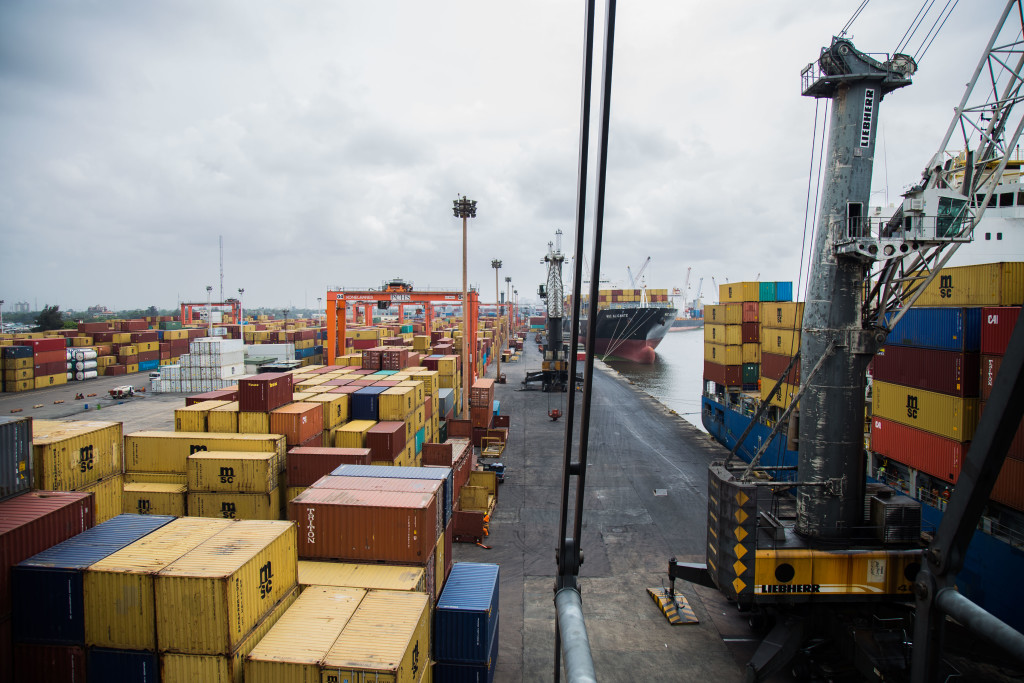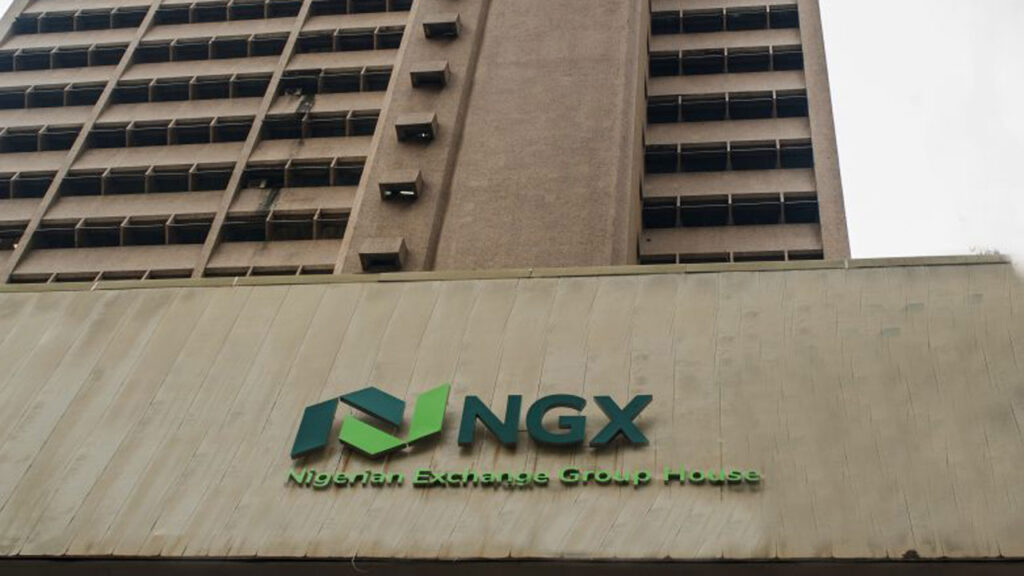
High cost, inflation, naira depreciation worsen manufacturers’ woes
Local manufacturers have expressed worry over the rising inflation, naira depreciation and the rising cost of production, saying the sector is at breaking point.
Managing Director, Transerve Disc Technologies Limited, Cyprian Orakpo, pointed out that the challenges as well as the high electricity cost, unstable customs rate and rising input costs, are responsible for the rising cost of goods.
He added that unfortunately, the high inflation rate has eroded purchasing power, leading to a spike in inventory and a rapid decline in output levels.
Unsold goods in Q1 saw a 30 per cent rise from 27 per cent at the end of December 2023, and it is projected to rise even more.
Speaking further, Orakpo said: “Manufacturers and factories are on the brink of collapse now but still cannot pass on most of these costs to end users because people cannot even afford what is being produced. The Naira keeps depreciating daily and there is a limit to how we can increase prices, else, we will be stuck with even more unsold goods. Our warehouses are full of goods but no buyers and we are struggling with imported items from China and India. The rate of depreciation is so rapid and huge, there is nothing we can sell that will meet up with it.
“The exchange rate changes three to four times weekly; this doesn’t help with planning, cash inflow or cost analysis. When opening ‘Form M’, we do cost analysis but by the time the items arrive, naira has depreciated more, and customs rates shot up. Some of our members opened ‘Form M’ at around N700 to a dollar last year, by the time the goods arrived, FX was N1550, over double their projections. How does one balance this kind of loss?”
He regretted that the port infrastructure is also a problem for manufacturers as they must deal with layers upon layers of government bodies at the ports. “Even with customs, there are too many units to settle, all these add to our costs and are a cog in the wheel.”
“Cost-push inflation is another huge factor responsible for the rising number of unsold goods. Traditional inflation is plenty of money chasing fewer goods but what we are dealing with is cost-push inflation- excess goods chasing very limited resources. The more production costs go up, the more the prices of goods will continue to rise and since people are poorer and cannot afford the goods, goods will pile up in warehouses and output will continue to drop.”

Lamenting the current state of electricity, he said power has not improved, forcing many businesses to rely on alternative sources of energy, adding that this adds to production costs. “There is no way around this, we want to reduce prices, but production costs are at an all-time high. With this almost 300 per cent increase in electricity costs, we pay 100 per cent more than what Chinese factories pay for electricity and 50 per cent more than what Indian factories pay. How can we be competitive in terms of productivity and costs?” he queried.
On his part, former chairperson of the Manufacturers Association of Nigeria (MAN), Apapa branch, Frank Ike Onyebu, said that dwindling sales, massive drops in capacity utilisation, investments and production, as well as the rapid rise in unsold goods, is a great source of worry to industrialists and ordinarily, should worry the government and concerned authorities, as it reveals the magnitude of inflation and rising poverty levels. He said if nothing is done, businesses would be unable to produce again, keep staff or even pay taxes, forcing a reduction in government revenue.
Speaking, he said, “We are not even maximising our full capacity in terms of production as many manufacturers have been forced to scale back. Now, we are having to deal with unsold goods. Headline and food inflation keeps going up, competing with non-existing resources that are losing value every day.”
He added that they have tried to put in place measures to cut costs but “with rising input and production costs as well as a badly depreciating naira, we are fighting a losing battle”.













